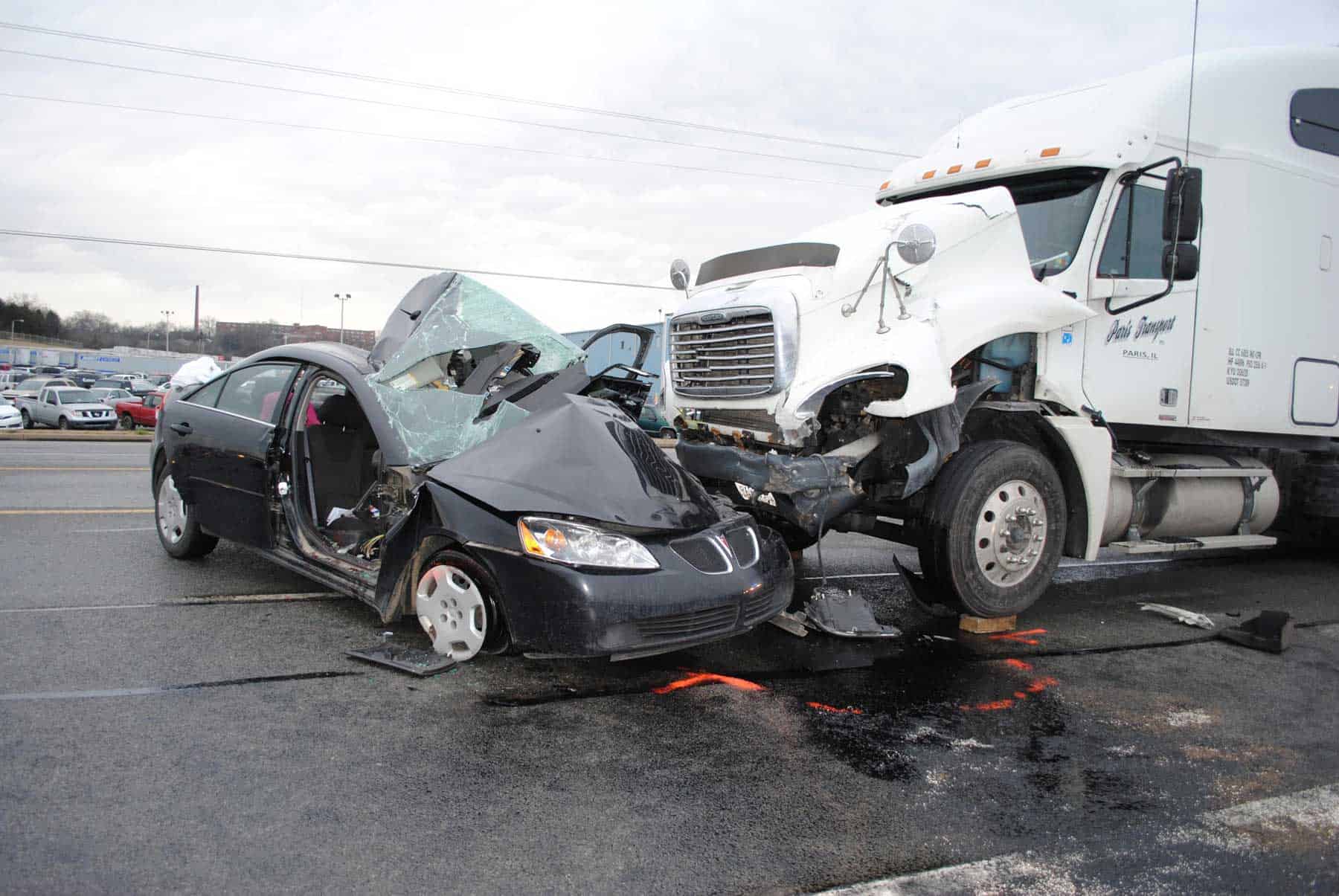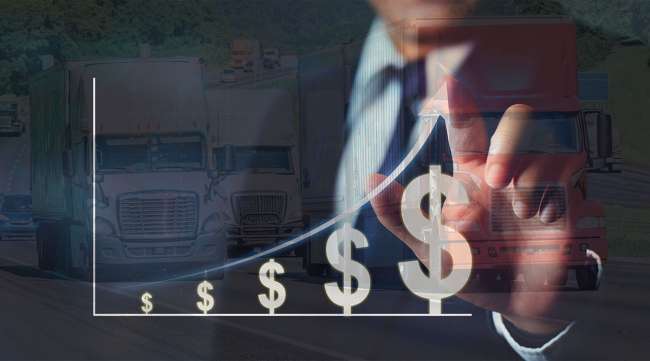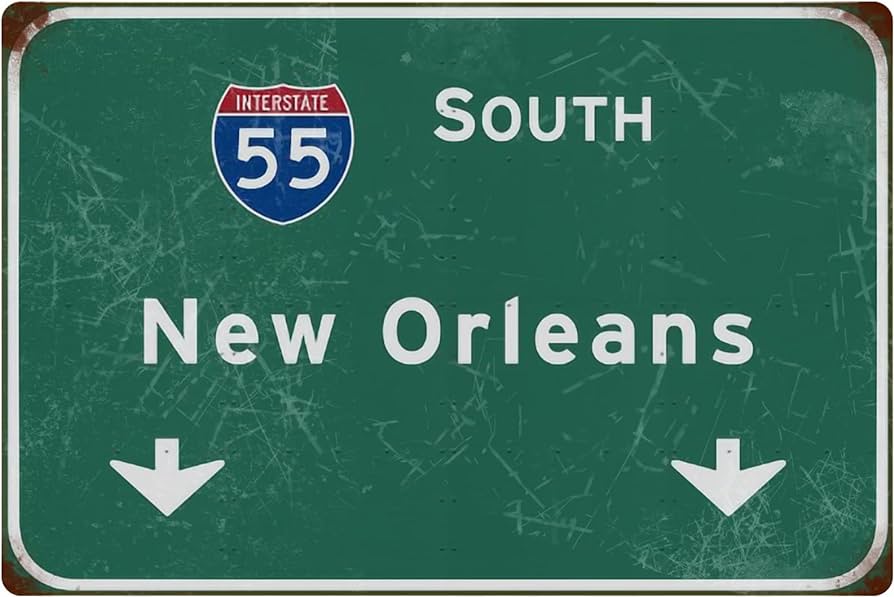
Two Individuals Convicted in New Orleans Scams and Their Reverberations on the U.S. Economy
By: Matthew Schore
In a recent breakthrough in the ongoing battle against staged commercial vehicle accidents in the New Orleans area, Joseph Brewton and Roderick Hickman have been sentenced to federal prison for their roles in elaborate schemes targeting innocent truckers. As the legal saga unfolds, it becomes increasingly apparent that the consequences of these staged accidents extend beyond the immediate legal proceedings, impacting both the trucking industry and the broader U.S. economy.
Joseph Brewton, 57, and Roderick Hickman, 52, both from Louisiana, recently pleaded guilty to conspiracy to commit mail fraud in connection with staged accidents involving tractor-trailers. Their sentencing, 18 months and 42 months in federal prison, respectively, along with significant restitution orders, underscores the severity of their involvement in these carefully orchestrated accidents.
Operation Sideswipe, spearheaded by the FBI with assistance from the Louisiana State Police and the New Orleans Metropolitan Crime Commission, has played a crucial role in bringing these individuals to justice. More than 60 individuals have been charged, pleaded guilty, or sentenced in connection to these staged accidents, revealing a sophisticated network of fraudulent activities dating back to 2015.
The Economic Impact
Insurance Premium Escalation: "As trucking companies fall prey to staged accidents, insurance companies are compelled to bear the financial brunt, ultimately leading to an increase in insurance premiums." (Transport Topics Article)
The aftermath of staged accidents places an onerous financial burden on insurance companies, resulting in an industry-wide surge in insurance premiums. Trucking companies, already operating on thin profit margins, are forced to redirect essential funds to cover the rising costs of insurance.
Consumer and Business Impact: "The burden of these costs is not only felt by the insurance companies but also by consumers and businesses throughout the supply chain." (FreightWaves Article)
With a substantial portion of staged accidents leading to inflated settlements, the economic repercussions extend beyond the trucking sector. Consumers and businesses throughout the supply chain bear the brunt of increased costs, impacting the prices of goods and services. Small businesses, particularly, may face challenges absorbing these additional expenses, potentially leading to a slowdown in economic activity.

Regulatory Scrutiny: "Regulatory bodies may impose stricter measures and oversight on the trucking industry." (Department of Justice Article)
In response to the rising number of staged accidents, regulatory bodies may enact stringent measures, imposing additional compliance costs and administrative burdens on an industry already navigating a complex regulatory landscape.
Insight from ATRI White Paper: "The need for enhanced security measures and preventive strategies to counteract staged accidents may further strain the financial resources of trucking businesses." (American Trucking Research Institute White Paper)
The American Trucking Research Institute emphasizes the necessity for proactive measures and enhanced security to counteract staged accidents. These efforts, while essential, may place additional strain on the financial resources of trucking businesses.

As Operation Sideswipe continues its pursuit of justice, the implications of staged accidents resonate far beyond the legal proceedings. The escalating insurance premiums, consumer and business impact, and potential regulatory changes underscore the urgent need for comprehensive strategies to combat fraud in the trucking industry. The hope is that the collective efforts will not only bring perpetrators to account but also contribute to safeguarding the financial stability of the trucking sector and mitigating the economic fallout for businesses and consumers alike.

